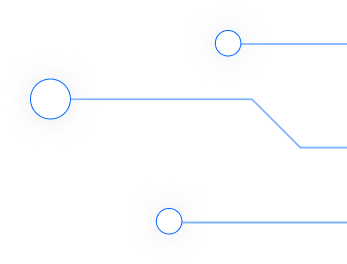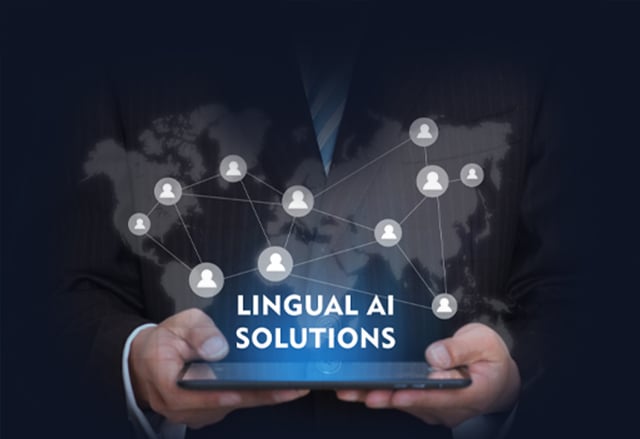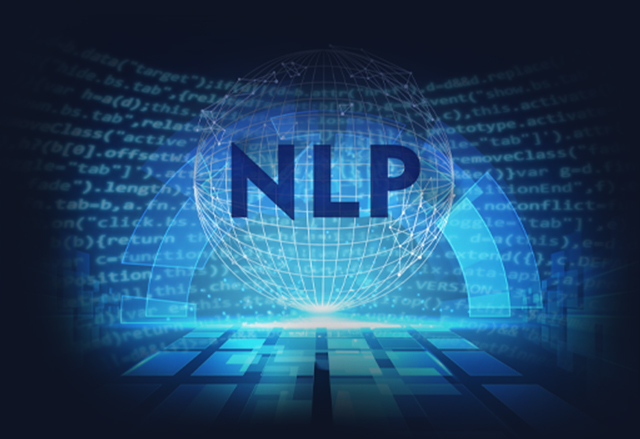Precision Analytics: Data-Driven Strategies for Business Excellence

It's a world where data is not just a collection of numbers, but a strategic asset that, when leveraged effectively, can open doors to unprecedented growth and innovation. Precision analytics emerge as a crucial catalyst enabling businesses to harness the power of their data, transforming it into actionable intelligence that drives success. This approach is not just about responding to market changes; it's about anticipating them, staying ahead of the curve, and capitalizing on opportunities before they even arise.
Embrace the future of business intelligence with precision analytics. Dive into this journey where data-driven strategies shape the path to sustainable growth and resilience in a dynamic business world.
Understanding Precision Analytics
Precision analytics is the game-changer in today’s fast-paced business environment. Think of it as equipping your business with a high-powered lens that brings everything into sharper focus. This approach leverages detailed data and cutting-edge tools, allowing companies to make decisions with confidence and clarity.
In a world where business trends shift at lightning speed, precision analytics is your go-to strategy. It’s not just about collecting data; it’s about diving deep into that data to really understand what your customers want, what they're likely to want in the future, and how your business can respond to these needs effectively.
The beauty of precision analytics lies in its ability to give businesses a leg up in a highly competitive market. It’s about being quick while staying smart, using insights gleaned from analytics to stay one step ahead of the competition. In essence, precision analytics is not just a tool; it’s a critical strategy for any business looking to thrive in today’s dynamic commercial landscape.
Here is a closer look at the impact of precision analytics:
- Efficiency Boost: Precision analytics streamlines business processes, making operations faster and more efficient. By providing clear, data-driven insights, it reduces the time spent on trial-and-error approaches, allowing businesses to focus on strategic decisions and core activities.
- Pinpoint Accuracy: With precision analytics, companies can make well-informed choices, significantly reducing the likelihood of errors and enhancing the quality of their decisions.
- Competitive Edge: Precision analytics offers a comprehensive understanding of the business environment, equipping companies with the knowledge to make smarter, quicker decisions. This insight gives businesses a strategic advantage, allowing them to stay ahead in their respective markets.
- Smarter Decision-Making: By predicting future trends and market shifts, precision analytics provides businesses with foresight, enabling them to prepare and adapt proactively. This advanced planning can be crucial for maintaining a competitive edge and responding effectively to market changes.
- Customer Understanding: Precision analytics offers deep insights into customer behaviors and preferences. This understanding allows businesses to tailor their products and services more effectively, meeting customer needs and fostering loyalty. By accurately identifying and addressing customer demands, companies can enhance customer satisfaction and encourage repeat business.
The Role of Data in Business Intelligence
The key to effective business intelligence lies in collecting data that is relevant and of high quality. This means focusing on information that offers insights into customer preferences, market trends, and the performance of products or services. Relevant data allows businesses to understand current scenarios and anticipate future developments.
But how to get the right data?
- Machine Learning: Machine learning is a technological advancement that enables computers to learn from existing data, identify patterns, and make predictions. For businesses, this translates into having an advanced tool for analyzing vast amounts of data, uncovering deeper insights that might otherwise remain undiscovered.
- Predictive Modeling: This technique involves using historical data to make predictions about future events. In a business context, predictive modeling can forecast upcoming trends, customer behavior, and market changes. It's a strategic tool that helps businesses plan ahead, based on data-driven forecasts.
- Presentation of Data: Effectively presenting data is crucial in unlocking its value. Clear and understandable data presentation enables businesses to grasp the significance of their information, guiding them towards informed decision-making. Without this clarity, even the most valuable data can remain underutilized, like a hidden treasure.
In summary, data acts as a critical component in business intelligence, offering insights, foresight, and strategic guidance.
Impact on Business Excellence
Precision analytics isn't just a tool, it sharpens decision-making, creates experiences customers love, and helps companies ride the ever-changing waves of the market, positioning them as leaders in their industries.
Improved Decision-Making
At different levels of a company, precision analytics helps leaders and employees make smarter choices. For top-level management, it provides a big-picture view, guiding major strategic decisions. Middle management uses it to optimize processes and resources. Even individual team members benefit by making better day-to-day decisions. It's like having a map showing the best route for everyone, making decisions more precise and aligned with the company's goals.
Enhanced Customer Experience
Data-driven strategies are like having a personal assistant who knows exactly what customers want. By analyzing customer behavior and preferences, businesses can create tailor-made experiences. It's like offering a customized service that fits perfectly, making customers feel understood and valued. From suggesting products they love to providing personalized support, data-driven strategies ensure that each customer feels special, fostering unmatched levels of loyalty and satisfaction.
Market Adaptability
Businesses using data-driven insights can see changes in the market coming before others do. With precision analytics, companies can quickly adapt their strategies based on these insights. By understanding market shifts and customer needs, companies can pivot swiftly, introducing new products or changing tactics to stay ahead of the curve.
The Future of Precision Analytics In Driving Business Excellence
The future of precision analytics is marked by significant developments and evolving trends. The following two seem to be sticking out:
- Advancements in AI: AI is set to play an increasingly crucial role in precision analytics. As AI technologies advance, they will enable more efficient and accurate analysis of large data sets. This improvement in AI capabilities means businesses can expect even more precise and insightful data analysis, aiding in faster and more accurate decision-making processes.
- Evolution of Big Data: The scope and scale of big data are expected to grow substantially. This expansion will include a wider variety of information types, necessitating advanced precision analytics tools capable of handling and interpreting this vast and diverse data. The evolution of big data will enhance the ability of businesses to extract valuable insights from an increasingly complex data landscape.
Precision analytics is more than a current trend; it's a fundamental component of the future of business strategy. It serves as a key tool in guiding decision-making, enhancing customer experiences, and ensuring companies remain adaptable and resilient in the face of change.
As technology continues to advance, precision analytics will remain a cornerstone of business excellence, playing a pivotal role in shaping the strategies and success of future-oriented organizations.
Frequently Asked Questions (FAQs)
What is Precision Analytics?
Precision analytics is a strategic business advancement approach that leverages detailed data and advanced tools to enable confident, clear decision-making. It helps businesses stay ahead in a competitive market by providing insights for quicker, smarter decisions.
How Does Precision Analytics Enhance Business Operations?
Precision analytics improves business operations by streamlining processes, reducing time spent on trial-and-error methods, and offering deep insights into customer behaviors and preferences. It aids in making well-informed choices, thereby enhancing decision quality and boosting operational efficiency.
What Role Does AI Play in Precision Analytics?
AI plays a significant role in precision analytics by enabling the analysis of vast amounts of data more efficiently and accurately. As AI technologies advance, they provide businesses with more precise and insightful data analysis, aiding in faster, more accurate decision-making.











